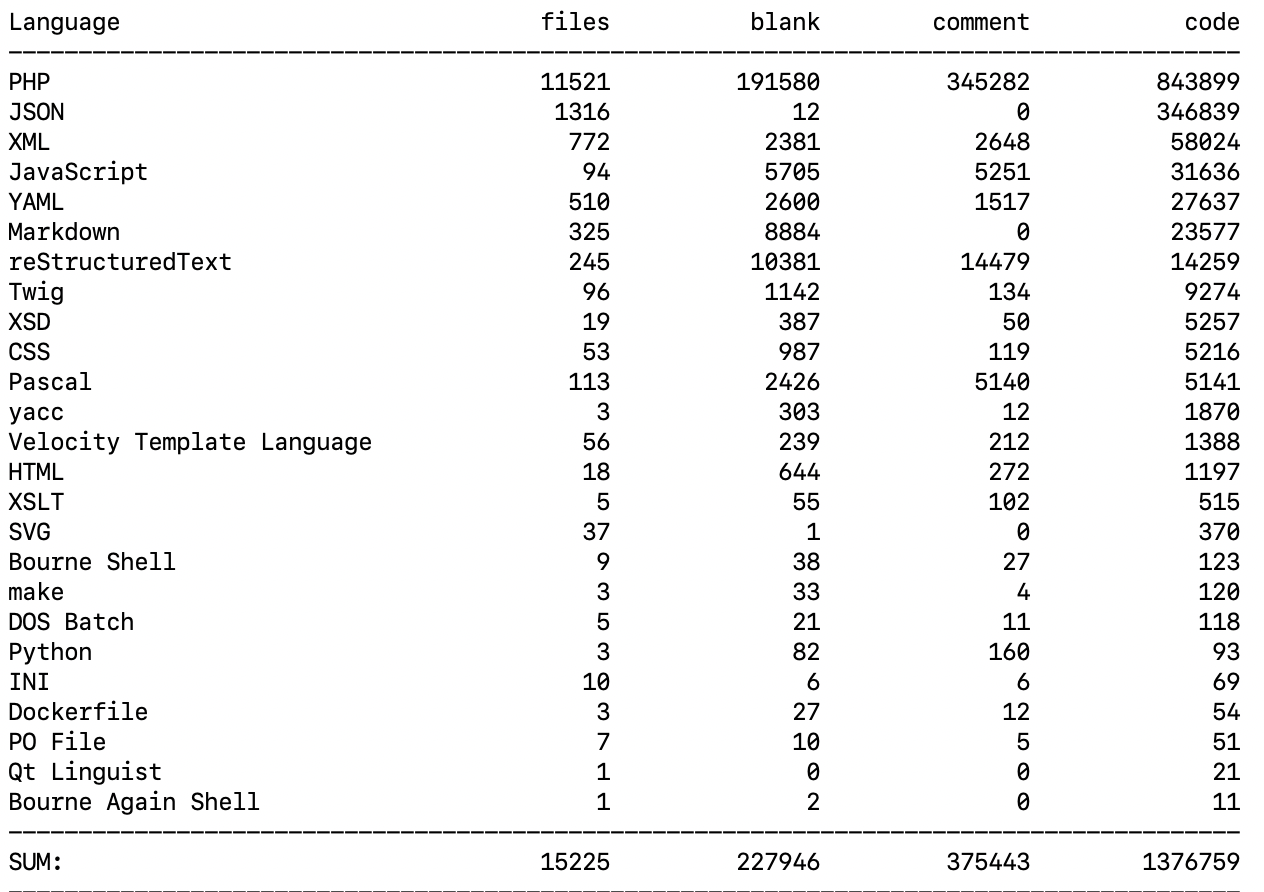I know some people use LoC as a productivity measure
Could you please tell me who they are so I don't accidentally work with (or even worse, for) them?
If I can implement in 1400 lines using Haskell what I could also implement in 2800 lines using C, am I more productive in C or Haskell? Which is going to take longer time? Which is going to have more bugs (hint: it's linear in the LOC count)?
A programmer's worth is how much his code changes (including from or to the empty string) increases the number on your bottom line. I know of no good way to measure or approximate that. But I know that any reasonably measurable metric can be gamed and doesn't reflect what you really want. So don't use it.
That being said, how do you count LOCs? Simple, use wc -l. Why is that the right tool? Well, you probably don't care about any particular number, but about general total trends (going up or down, and by how much), about individual trends (going up or down, changing direction how fast, ...) and about pretty much anything except just the number 82,763.
The differences between what the tools measure are probably not interesting. Unless you have evidence that the number spit out by your tool (and only that tool) correlates with something interesting, use it as a rough ballpark figure; anything other than monotonicity should be taken with not only a grain but a bucketful of salt.
Count how many times '\n' occurs. Other interesting characters to count might be ';', '{' and '/'.


